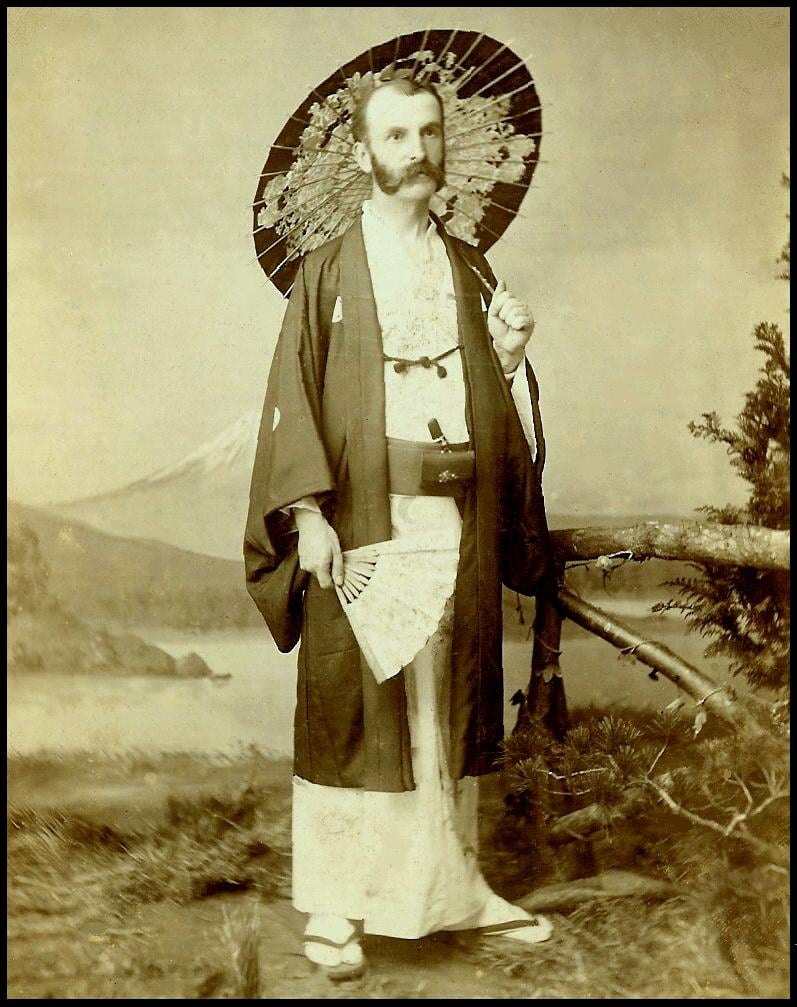The most common word for “foreigner” in Japanese is gaijin, written using the characters for “outside” and “person.” While ostensibly referring to any non-Japanese person, the term is most often used to mean American and European foreigners, and never to, say, Chinese or Koreans, who are referred to by their own specific nationality (e.g. chugoku-jin, kankoku-jin). Depending on who uses it and in what way, the word gaijin can sound derogatory to some, which is why TV newscasters will always use the more polite gaikokujin or “outside-country-person” instead. Recently there’s been some discussion on various blogs about how bad the term gaijin really is, and weather we should be trying to stop its use. My own take is that it’s just a word, and no worse than the term “alien,” which sounds a little strange when you’ve grown up watching sci-fi films then realize it can refer to people from other countries, too. The reality is that the majority of the “discrimination” many foreigners get in Japan is positive — people offering to pay you $40 an hour to speak your native language with their kids, pressing gifts into your hands, and girls writing their phone numbers on the back of chopstick wrappers. Personally, I think that if someone you don’t know starts buying you beers in a bar and inadvertantly calls you gaijin, as has happened to me, it’s best to not be too quick to take offense — you are enjoying their beer, after all. Of course, Japan is by no means perfect, and improvements should be made. Still, when I compare my own experiences here with what the reverse situation might be, I really can’t find reason to complain.
No, Japan Is Not Xenophobic. Here’s Why.
Last night I was finishing up my evening social media work when I noticed a phrase was trending on X....
















